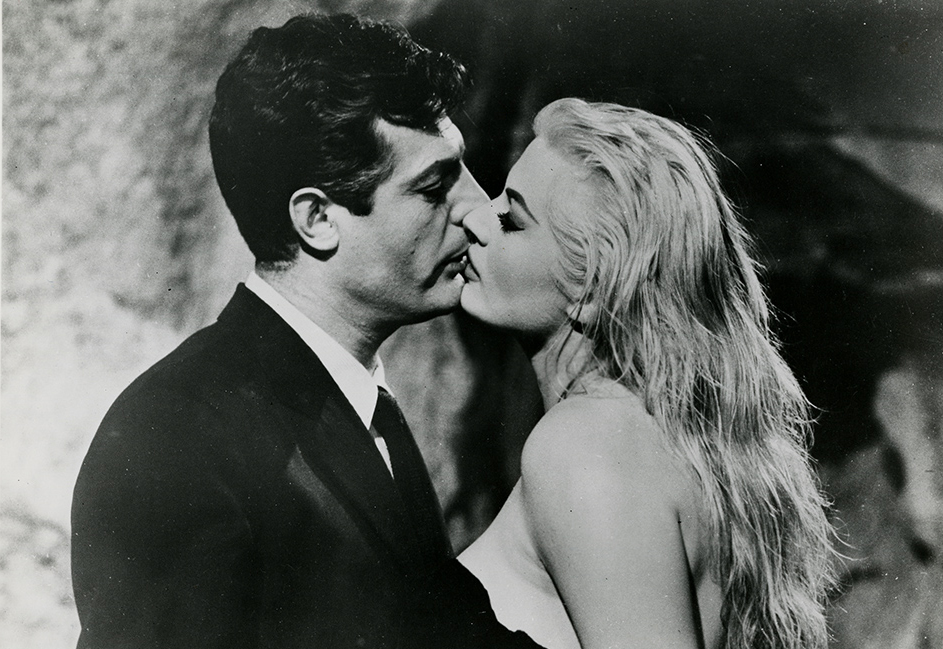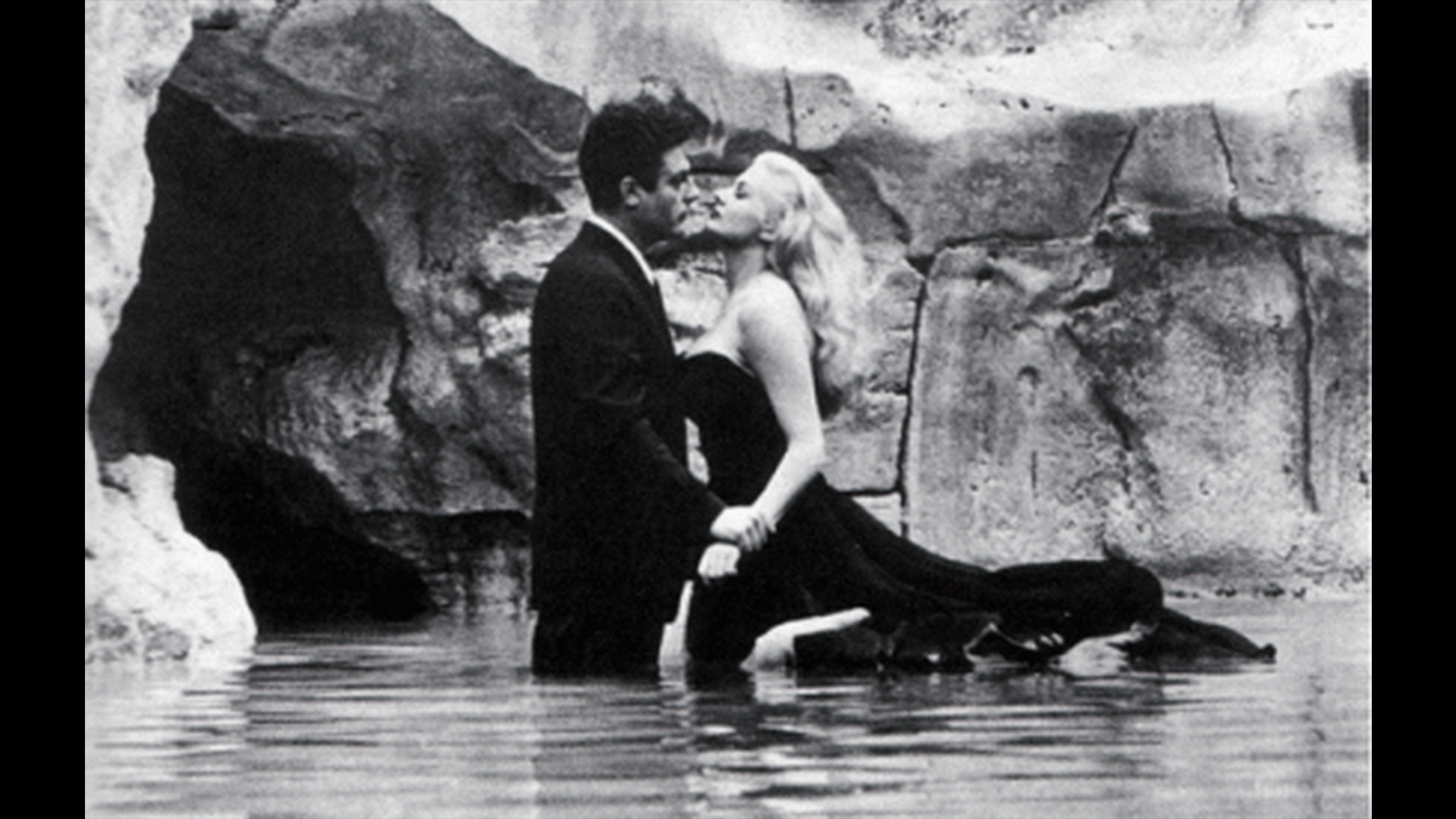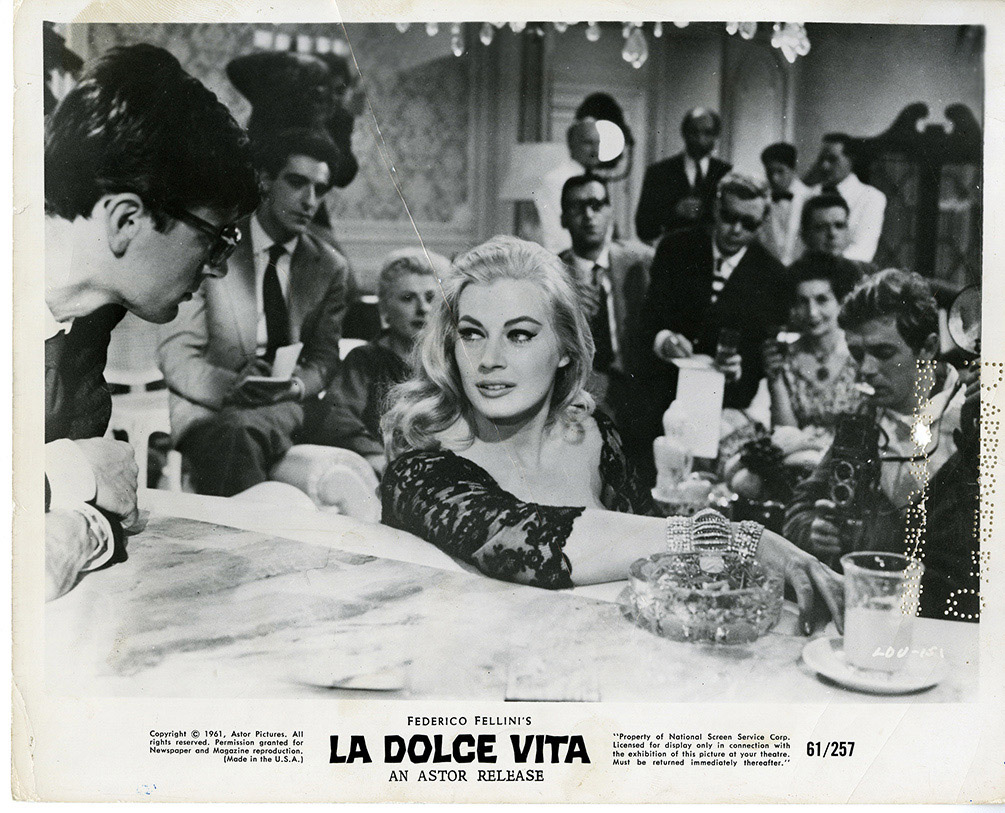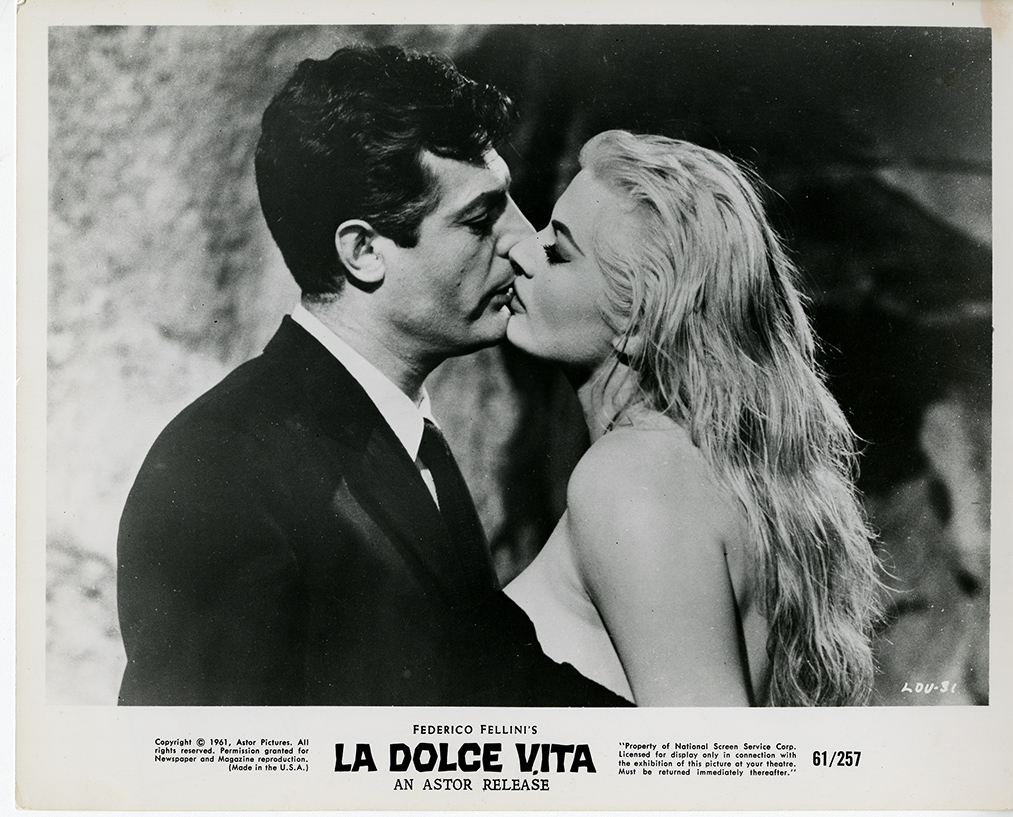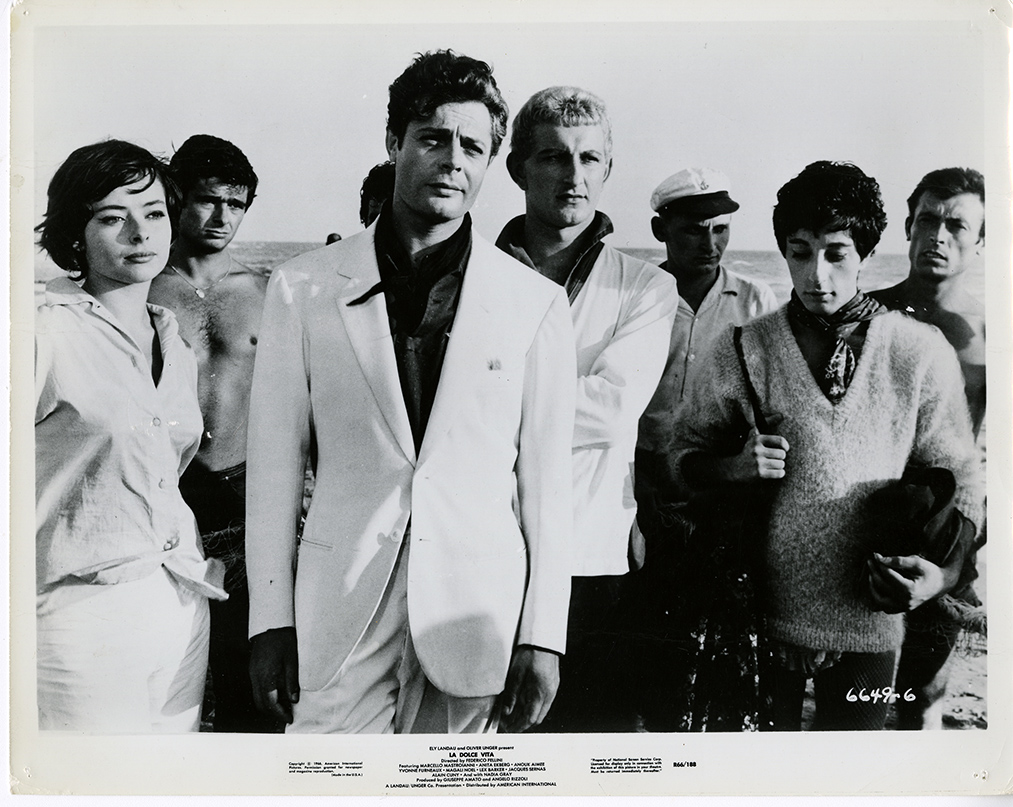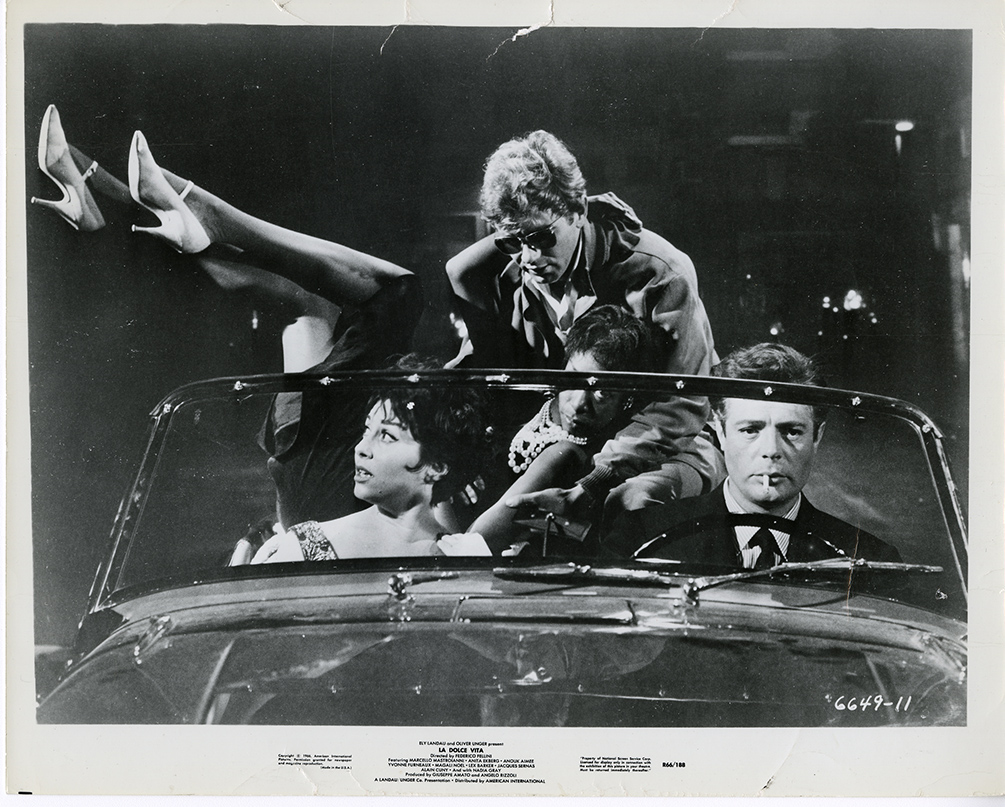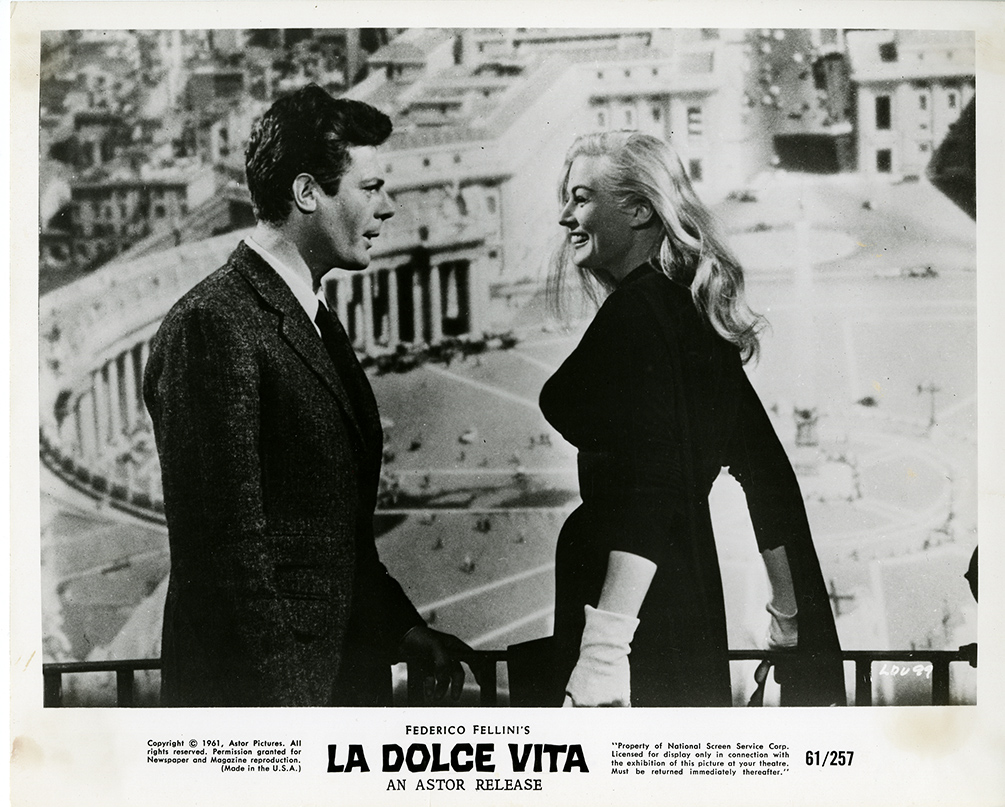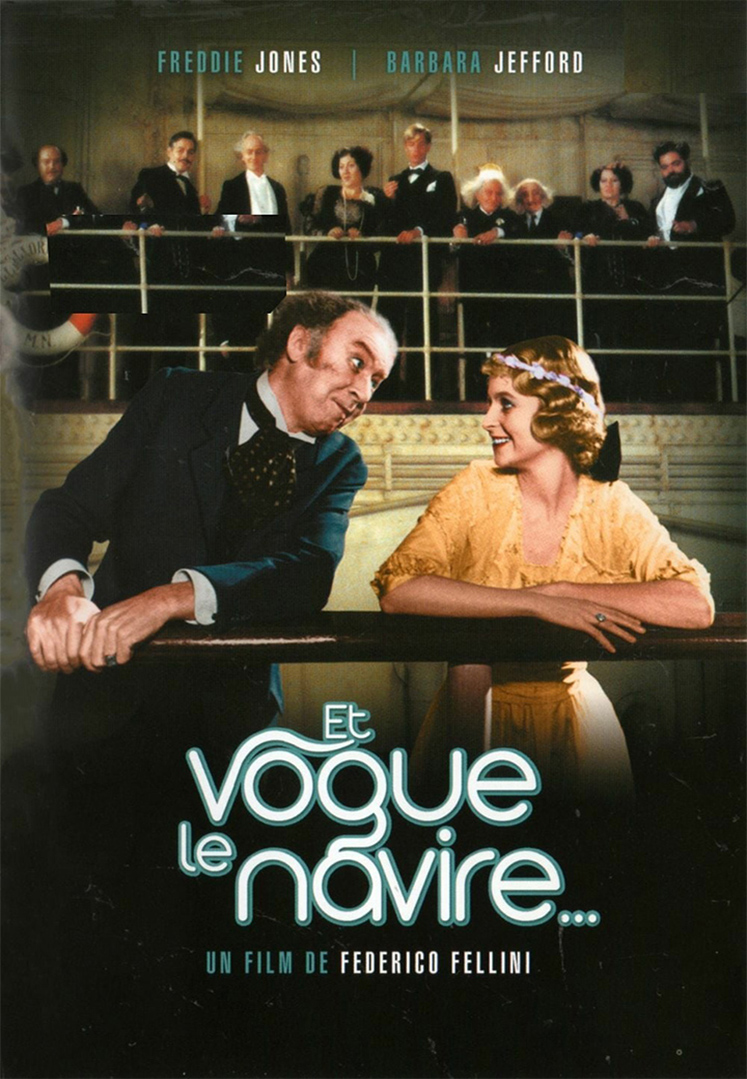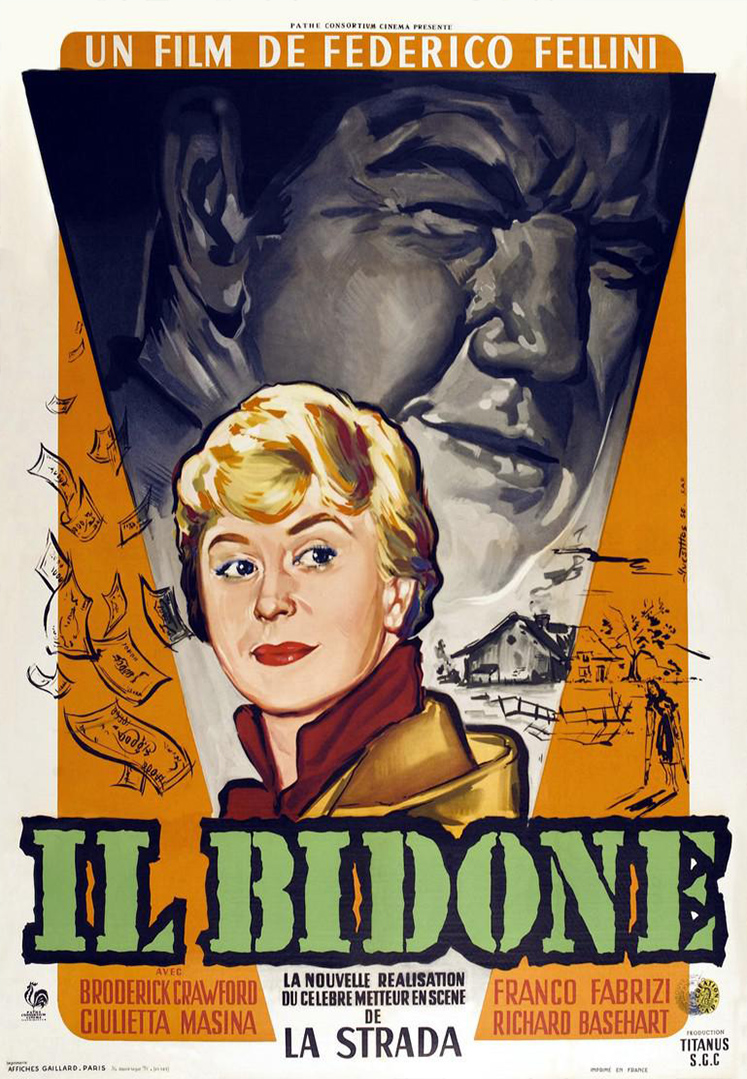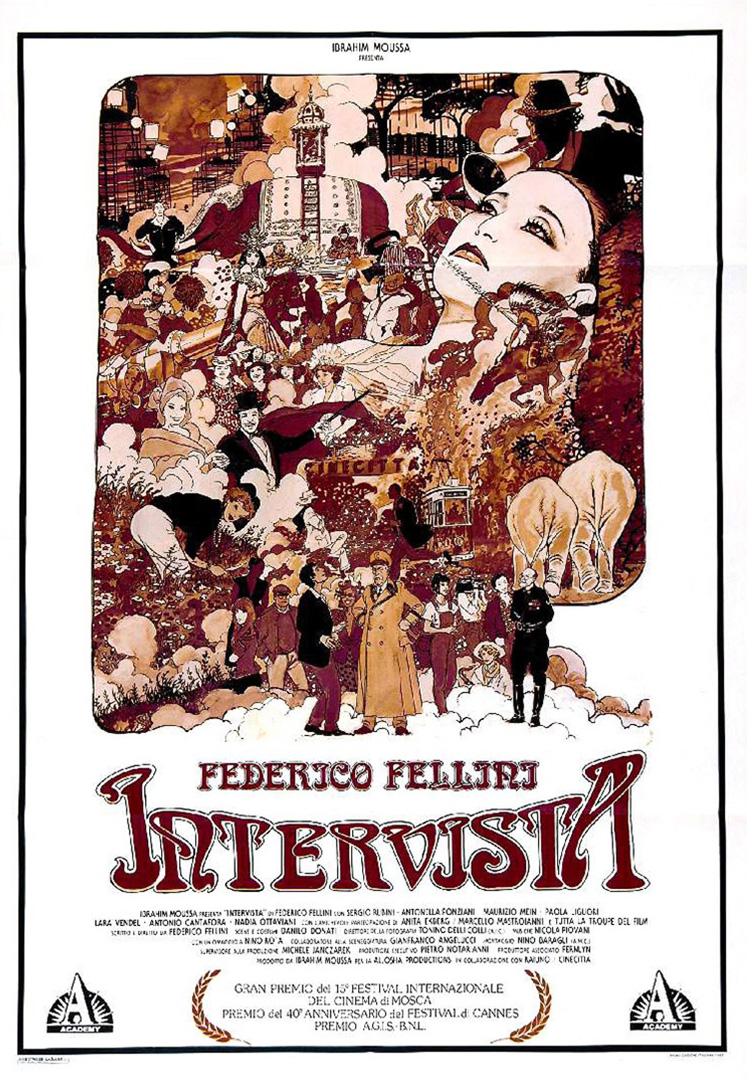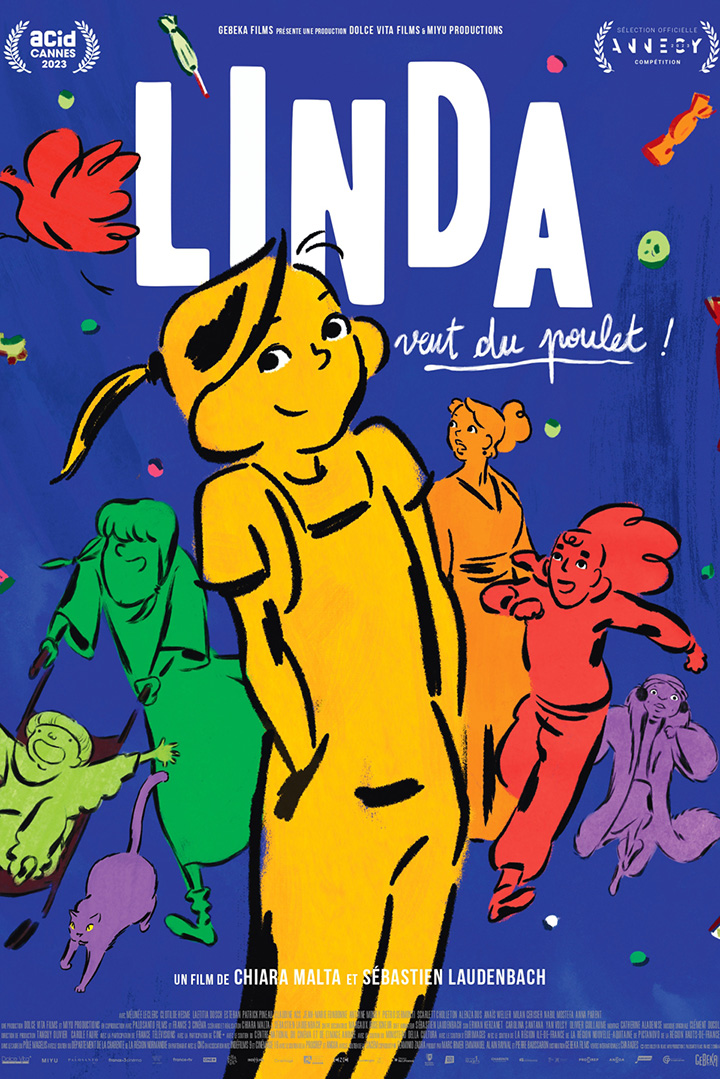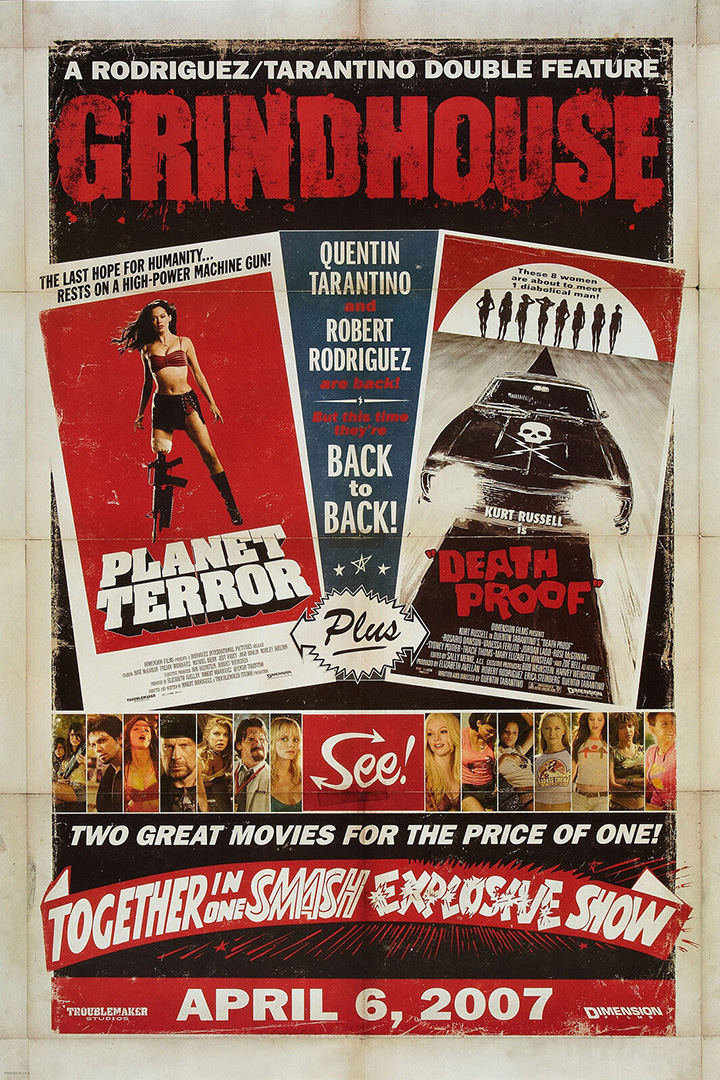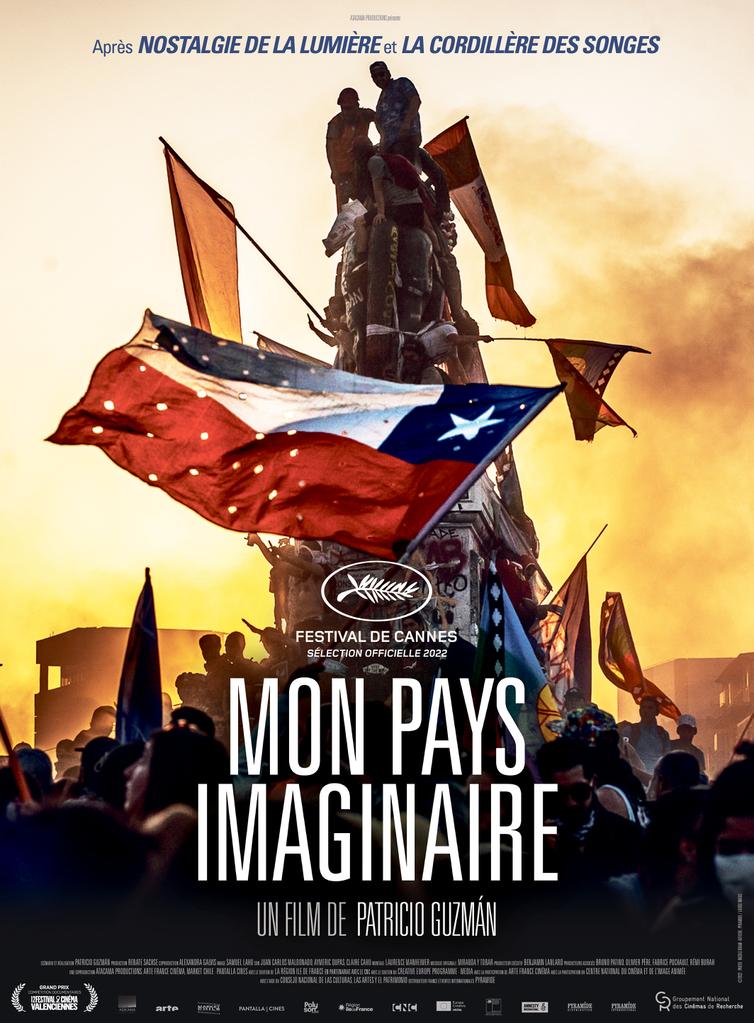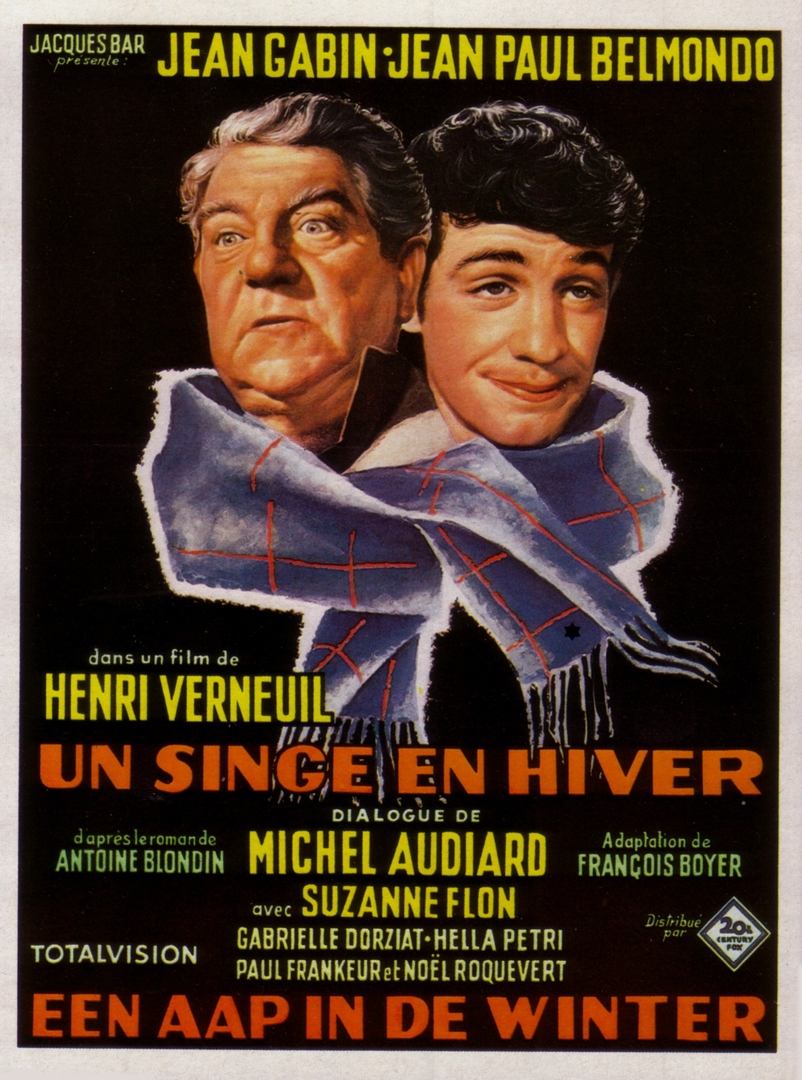La dolce vita
As an institution with a consistent focus on the history of cinema, a comprehensive Federico Fellini retrospective is the least we can do to mark his centennial. He was a great inventor of cinematic forms and a complex artist – paradoxical, tormented, light-hearted, provocative, introspective, brutal, idealistic and jaded all at once. He recreated the world through his lens, while remaining a sharp observer of his contemporaries and the many sensitivities of his time.
Winner of the Palme d'Or
at the 1960 Cannes Film Festival
A series of tableaux and walks through Rome resulting in a captivating, dreamlike portrait of high society and media decadence at the dawn of the 1960s.
“Fellini’s masterpiece, La dolce vita, shows us a Rome that embodies human life itself. This is life according to the tabloids, lit by the flashes of paparazzi cameras. What’s left are magical moments, as eternal as Rome itself: the Trevi Fountain scene, the walk to the beach after the orgy, Steiner’s salon, and so on. And then there’s the haunting music of Nino Rota, so perfect that 40 years later I still cannot get it out of my head. Grazie mille, Federico.” (Jean Lefebvre, 2000)
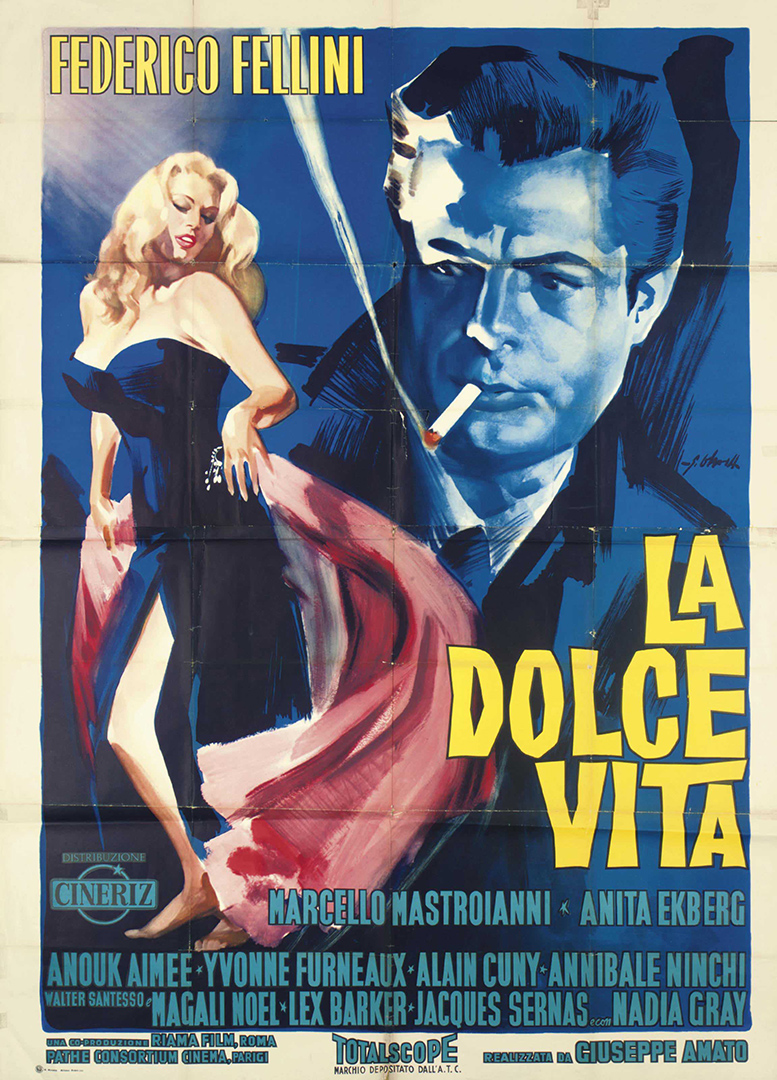
Trailer in VOSTA. The movie will be presented with french subtitles.
Federico Fellini
Federico Fellini was one of the greatest Italian writers and directors of the 20th century, and one of the most illustrious filmmakers in the history of cinema. He won the Palme d'or at Cannes in 1960 for La dolce vita, and took home the Oscar for Best Foreign-Language Film four times (La strada, Nights of Cabiria, 8 ½ and Amarcord), a record he shares with his compatriot Vittorio De Sica. Initially associated with neo-realism, Fellini’s work evolved over the course of the 1960s toward a unique approach related to European modernism, a movement associated with Ingmar Bergman, Michelangelo Antonioni, Alain Resnais, Jean-Luc Godard and Andrei Tarkovsky. His films grew increasingly to embrace a proliferation of themes, deliberate artifice and the complete erasure of boundaries between dream, imagination, hallucination and reality. On March 29, 1993, the Academy of Motion Picture Arts and Sciences awarded him a lifetime achievement Oscar, “in recognition of his place as one of the screen’s master storytellers.”
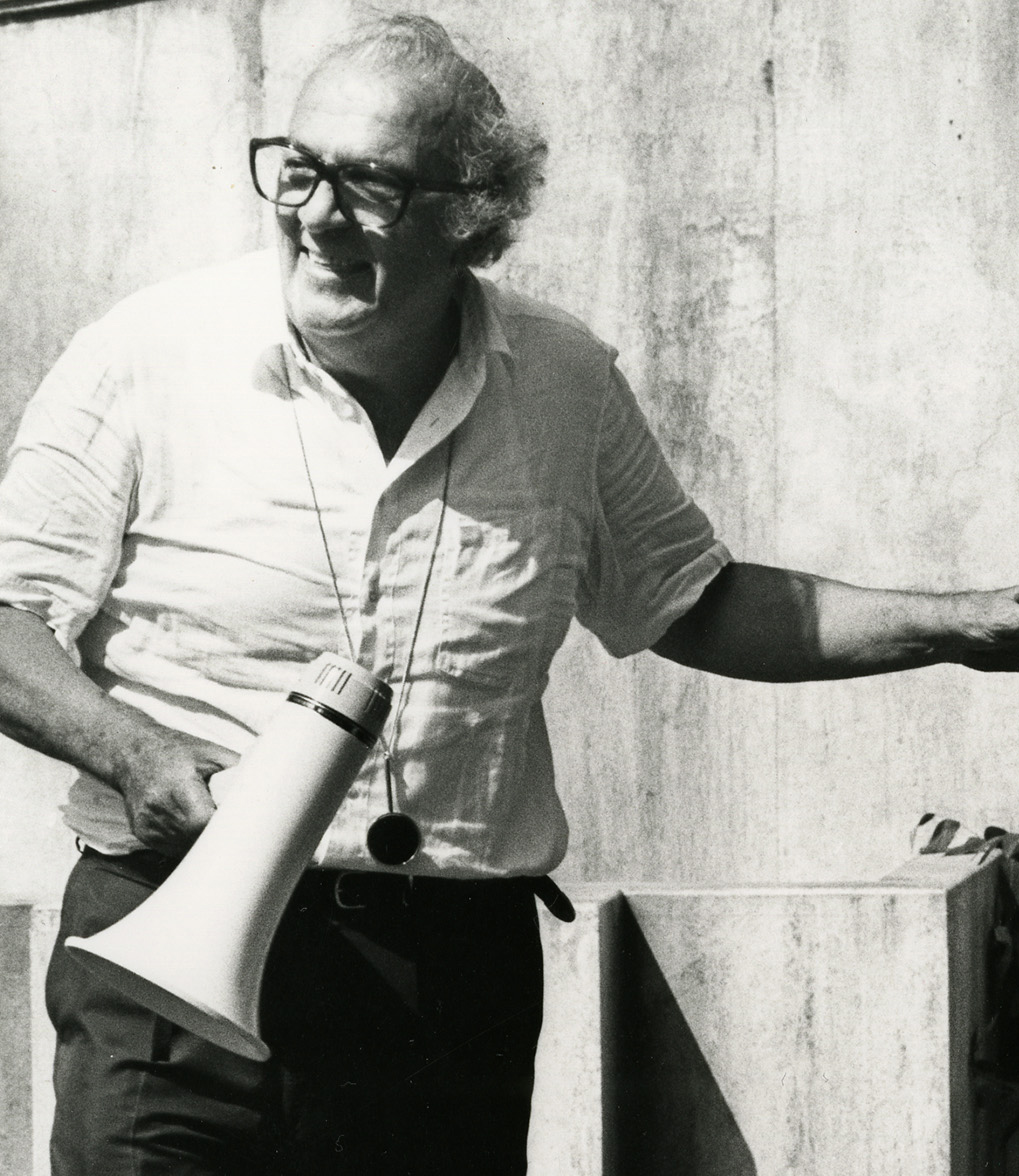
Explore
Sur notre blogue
Federico Fellini aurait eu 100 ans en 2020. Il a fait partie de ces cinéastes qui ont triomphé de leur vivant, dont la reconnaissance de leur apport au cinéma a été affirmée sans ambages, ce qui en retour a sans doute influencé les films qu’ils ont pu encore faire. Non pas qu’il ait gagné des prix à tout coup...
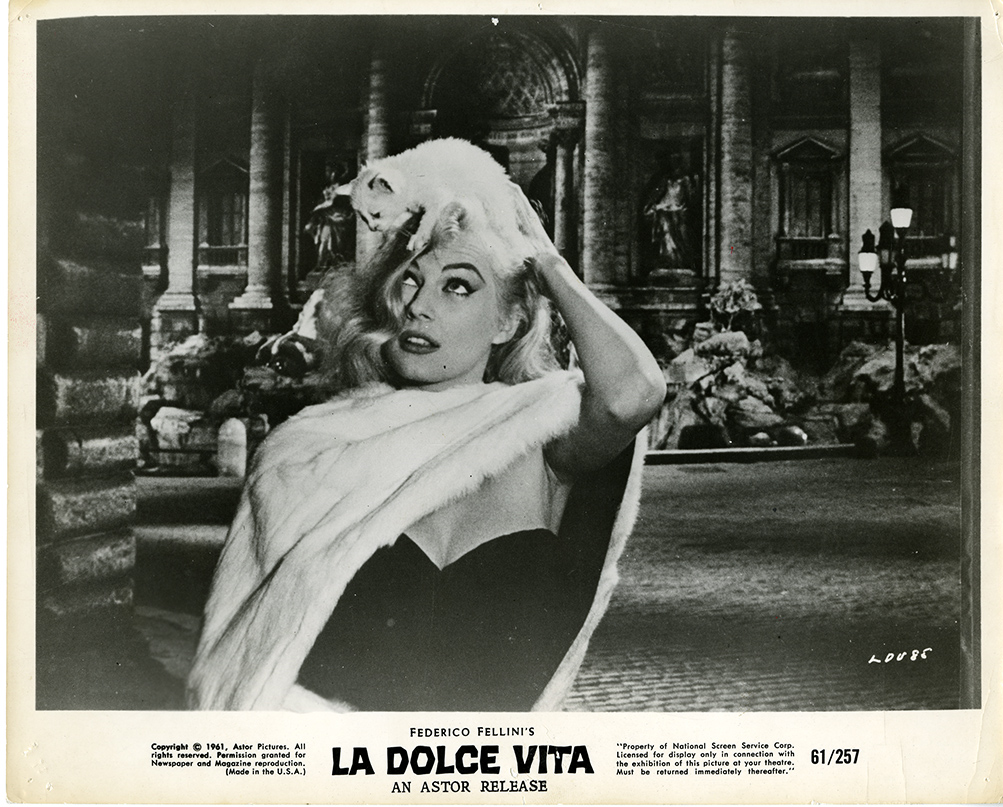
Ils en parlent
Podcast
Masque et la Plume - 1960
Cette émission exceptionnelle du ‘Masque et la Plume’ était enregistrée à Rome à l’occasion de l’avant-première du film 'La Dolce Vita' de Federico Fellini. Giulietta Masina évoque son tournage à Berlin. La romancière Alba de Cespedes et Marcello Mastroianni décryptent le film 'La vie douce'.
Podcast
Philosopher avec Fellini - France Culture
Pourquoi La Dolce Vita a-t-elle tant marqué le cinéma ? Réponse avec l'excellent Jean Gili.
En 1960 sort La Dolce Vita, du jeune réalisateur, encore peu connu, Federico Fellini. Palme d'or. Scandales. Les catholiques sont interdits de projection, sous peine d'excommunication.
